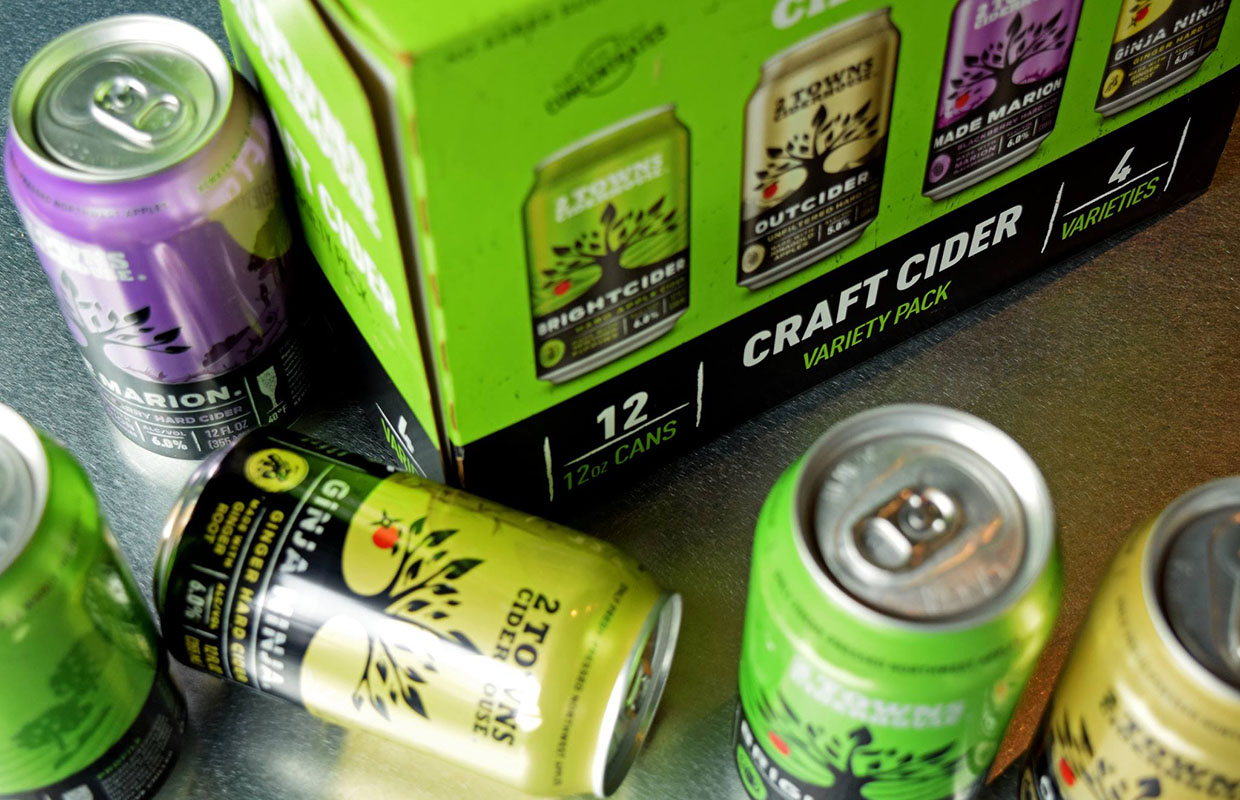
Your brewing staff requires a well-coordinated and efficient work schedule to ensure that production runs smoothly and product quality is maintained.
As an owner, Lead Brewer, or Director of Operations, managing the work schedule for a group of brewers and production staff can be a challenging task. However, by following some best practices, you can ensure that your brewery operates effectively and efficiently.
READ MORE: Yeast Propagation and Harvesting SOPs to Check Out
- Define Roles and Responsibilities: The first step in managing a work schedule is to clearly define the roles and responsibilities of each member of the brewing and production staff. This includes determining who is responsible for each stage of the brewing process, as well as any additional duties, such as cleaning and maintenance. By having a clear understanding of each team member’s role, you can ensure that everyone is working together effectively and efficiently.
- Create a Work Schedule: Once the roles and responsibilities have been defined, the next step is to create a work schedule that takes into account the needs of your brewery and the availability of each team member. A good work schedule should be flexible and allow for changes, such as unexpected absences or additional production runs. It is also important to ensure that the schedule is communicated clearly to all team members and that there is a process in place for reporting any changes or updates.
- Encourage Open Communication: Open communication between yourself and the brewing staff is essential for managing a work schedule effectively. Encourage your team to raise any concerns or questions about the work schedule and be open to feedback. This can help to identify any potential issues and resolve them before they become problems.
- Plan for Peak Production: Brewing is often seasonal, with demand for certain styles increasing at certain times of the year. It is important to plan for peak production and ensure that the brewery has the staffing and resources necessary to meet demand. This may involve scheduling overtime or hiring additional staff during peak periods.
- Foster a Positive Work Environment: It is important to foster a positive work environment that promotes teamwork and cooperation among the brewing and production staff. This can be achieved by providing clear leadership, recognizing and rewarding good performance, and addressing any conflicts in a timely and fair manner.
Photo courtesy Adobe Stock




Be the first to comment